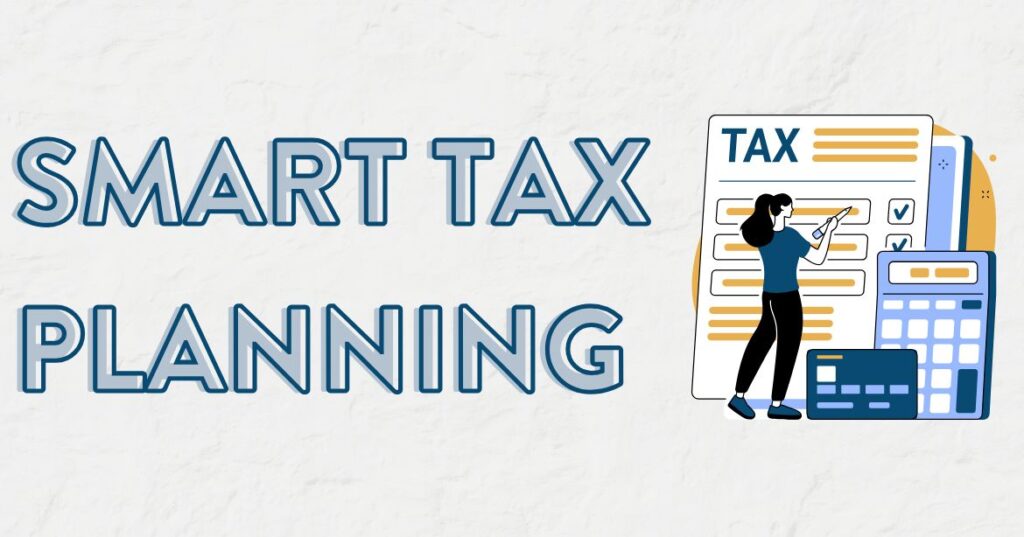Are you tired of tax season surprises? Whether you received an unexpectedly large refund or had to pay more than anticipated, proper tax planning can help you take control of your financial future. In this comprehensive guide, we’ll explore practical strategies to better prepare for next year’s tax season.
Understanding Your Previous Tax Return
Your last tax return holds valuable clues for future tax planning. Here’s what to analyze:
Large Tax Refunds: A Hidden Cost
If you received a substantial refund, you’ve essentially provided the government with an interest-free loan. While some view tax refunds as forced savings, there are more efficient ways to build your savings that can actually earn you money throughout the year.
Adjusting Your W-4
Your W-4 form determines how much tax is withheld from each paycheck. Consider adjusting your withholdings if:
- You received a large refund
- You had to pay significant taxes
- Your life circumstances have changed
Maximizing Tax Benefits: Credits vs. Deductions
Understanding the difference between tax credits and deductions is crucial for effective tax planning. These two types of tax benefits work in fundamentally different ways, and knowing how to leverage each can significantly impact your tax situation.
Tax Deductions
Deductions reduce your taxable income by lowering the amount of income subject to taxation. For example, if you earn $100,000 and have $20,000 in deductions, you’ll only be taxed on $80,000. Common deductions that many taxpayers can take advantage of include charitable donations to qualified organizations and mortgage loan interest payments on your primary residence. If you have a high-deductible health plan, you may be eligible to deduct HSA contributions. Property owners can often deduct their real estate taxes, and those with student loans can typically deduct the interest paid on their educational debt. Additionally, qualifying education expenses can provide valuable deductions for those pursuing higher education or professional development.
Tax Credits
Tax credits offer an even more powerful benefit by directly reducing your tax bill dollar-for-dollar. Using the same example, if you owe $10,000 in taxes and have $20,000 in credits, you would receive a $10,000 refund. The Child Tax Credit provides significant relief for families with dependent children, while the Child and Dependent Care Credit helps offset the cost of childcare for working parents. For retirement-minded individuals, the Saver’s Credit rewards contributions to retirement accounts, making it easier to save for the future. The Lifetime Learning Credit assists those pursuing ongoing education by reducing the cost of qualified educational expenses. Each of these credits has specific eligibility requirements and income limitations, but they can provide substantial tax savings when properly utilized.
Essential Record-Keeping Tips
Documentation is your best defense against tax issues. Here’s how to stay organized:
- Use mileage tracking apps for business travel
- Store digital copies of receipts
- Keep records of charitable donations
- Maintain documentation for all deductible expenses
Planning for Life Changes
Major life events can significantly impact your tax situation. Consider tax implications for:
- Marriage or divorce
- Having a child
- Starting a business
- Buying or selling property
- Changes in income
Professional Tax Planning Tips
- Set aside money for potential tax obligations, especially if you receive windfall income
- Consider consulting with a tax professional for complex situations
- Stay informed about tax bracket changes that might affect you
- Review and adjust tax planning strategies quarterly
The Bottom Line
While tax planning might not be exciting, it’s essential for financial health. Starting early and maintaining good records throughout the year can help you maximize benefits and avoid surprises when tax season arrives.
Remember: The IRS doesn’t distinguish between honest mistakes and intentional errors, so thorough documentation is crucial. Your future self will thank you for taking the time to plan ahead and organize your tax information properly.
Disclaimer: This article provides general tax planning information and should not be considered tax advice. Please consult with a qualified tax professional for advice specific to your situation.





